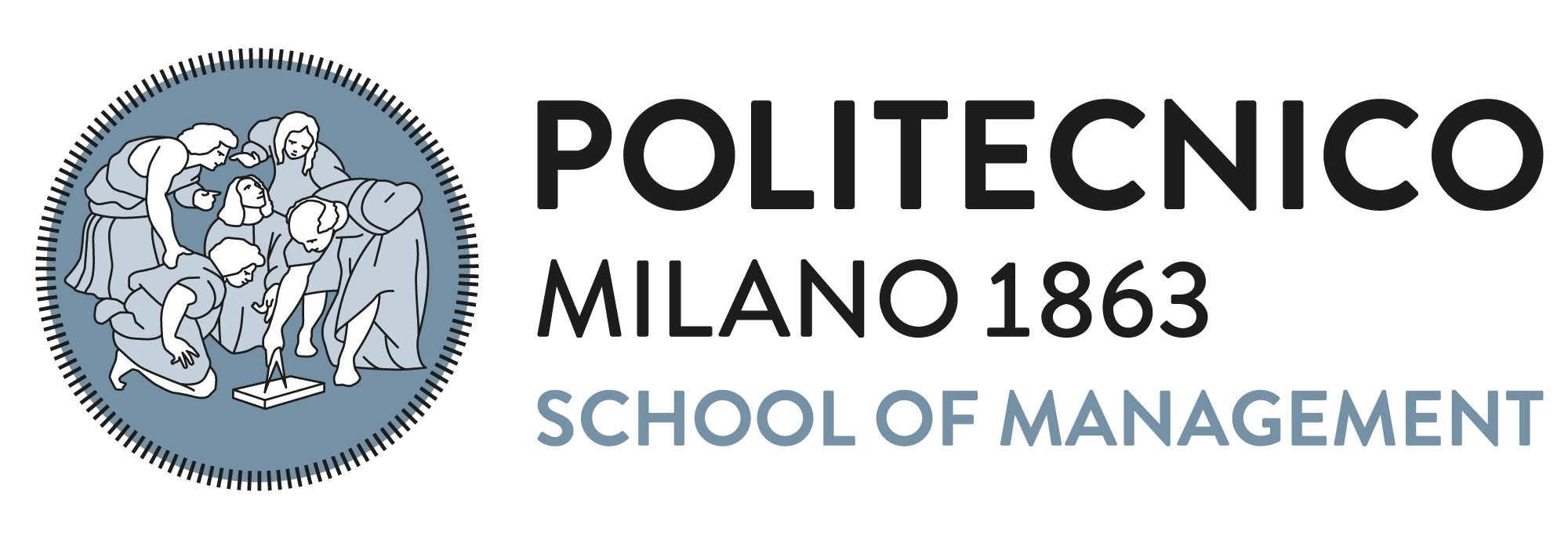The current COVIID-19 pandemic is as an environmental jolt: an unexpected and disruptive event, which suddenly changes the environment in which firms are accustomed to operate. Jolts affect the overall economic system; however, they pose extremely severe challenges to firms in specific industries. Firms in the logistics and transportation industry are a case in point. Quarantined people and organizations fighting against the COVID-19 strictly depend on the efficient delivery of foods, sanitary items, and generally, of all the goods needed in thier everyday life and operations. However, this emergency forces logistics and transportation firms to operate in extremely difficult conditions. They have to cope with the legal restrictions designed to fight the virus, with the stress of their labour force, with the scarsity of protection devices. To help these firms Cristina Rossi-Lamastra has participated in the development of a series of best practices for reducing the spread of COVID-19 in Logistics. The best practices are a joint effort of a group of experts in Logistics led by Prof. Alessandro Perego (head of the Department of Economics, Management and Industrial Engineering of Politecnico di Milano) and Luca Saporetti (Vice President for Supply Global Supply Chain at LivaNova) in collaboration with Prof. Claudia Colicchia, who does research on risks in supply chain. The best practices are quickly diffusing among firms and practitioners in the logistics and trasportation industry.
Download the result of the study below.
